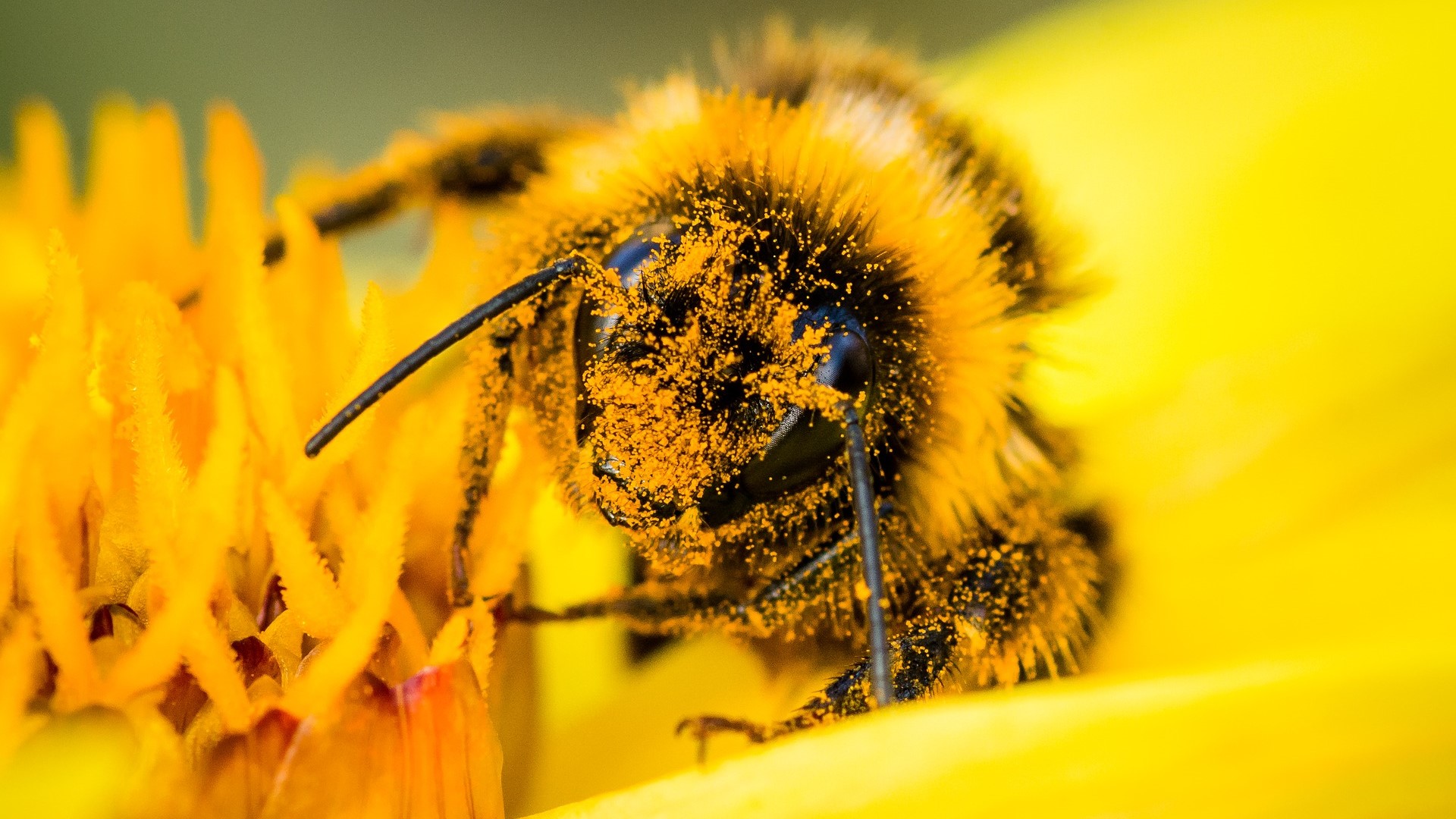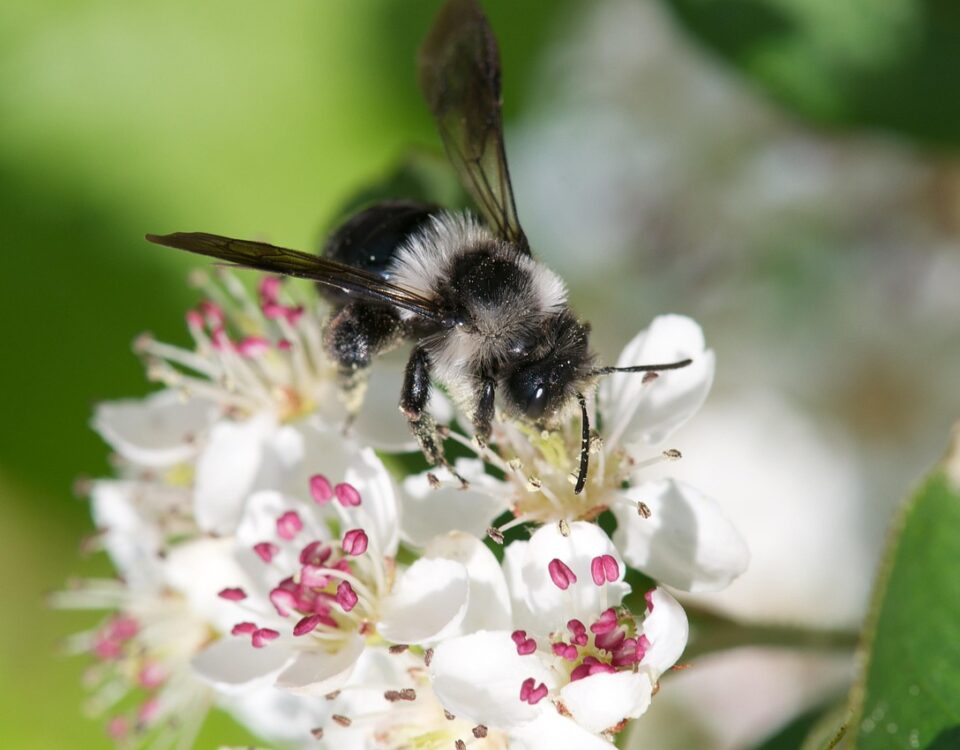
LYNXEE: Appointment of Adrien Margerit as Expert in Ecotoxicology
28 February 2018
EUROPE: ECPA Conference 7-8 March 2018
28 February 2018EFSA has published an update of its bee risk assessments of the three neonicotinoids clothianidin, imidacloprid and thiamethoxam, when used as seed treatment or granules. These neonicotinoids are currently subject to restrictions in the EU because of the threat they pose to bees.
For the new assessments, wild bees (bumble bees and solitary bees) were considered in addition to honey bees and the recent guidance on risk assessment on bees (EFSA, 2013) was applied. Besides, an extensive data collection was performed to gather all the relevant available scientific evidences, including all those generated since the previous evaluations in 2013. In line with the former assessments, three routes of exposure of bees were considered: residues in pollen and nectar, dust drift during sowing/application and water consumption.
The new risk assessments highlighted a high risk for at least one bee type and one route of exposure for all the outdoor uses of clothianidin, imidacloprid and thiamethoxam. It was found that in many cases, bees foraging on the treated crop as well as in its vicinity are likely to be exposed to harmful levels of the neonicotinoid pesticides. Besides, EFSA underlined that in some situations, the persistence and accumulation of neonicotinoids in the soil could also lead to harmful residue levels in newly grown plants. EFSA thus concluded that the risk that pose neonicotinoids used as seed treatment or granules to bees is confirmed.
To download:
Q&A: Conclusions on neonicotinoids 2018.
See also our previous articles:
FRANCE: Public consultation on a draft Decree on neonicotinoids
FRANCE: ANSES recommends strengthening the conditions of use of Neonicotinoids
EFSA Pesticides and bees : call for data
Lynxee consulting’s team is at your disposal to answer your questions.
Contact us! https://lynxee.consulting/en/contact/


